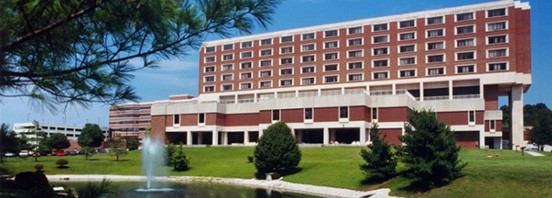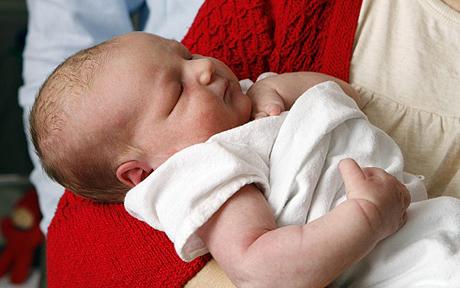 Baby Girl Born From Full Ovary Transplant
Baby Girl Born From Full Ovary Transplant
Reuters, December 11th, 2008
By Gene Emery
Edited by Maggie Fox and David Wiessler
(Published in Huffington Post, Reuters, and Yahoo News)
Doctors in St. Louis said they have successfully transplanted a full ovary from a volunteer, allowing her infertile twin sister to give birth to a healthy baby girl on November 11.
“It is the first time an entire ovary has been transplanted and resulted in a live birth,” the researchers said. Writing in the New England Journal of Medicine, saying, “the method may offer a way to preserve fertility for cancer patients or for women who want to wait until they are older to start families.”
One twin went into early menopause at age 15, but the transplanted ovary from her sister restored full fertility and she gave birth at the age of 38, Dr. Sherman Silber of the Infertility Center of St. Louis and his colleagues reported.
Previously they had transplanted the outer shell of the ovary and found that, even if the tissue is frozen, it can restore fertility.
Although six babies were born to eight women using those techniques, about two-thirds of the eggs die from lack of blood flowing through the tissue, and the women quickly slip into menopause after about three years.
Hoping to avoid those problems, the Silber team used a full ovary and reconnected two veins and one artery to feed the graft, which is a challenge because the blood vessels are so tiny.
Silber said, “Although the work has involved identical twins where one had become prematurely infertile, the technique could eventually benefit two groups of women if frozen ovaries turn out to be as viable.”
“One is a young cancer patient who is about to lose all her ovarian function as she’s about to undergo chemotherapy. We just take that ovary out, freeze it and transplant it back. That’s one big payoff,” he said in a telephone interview.
The other, he acknowledged, is more controversial: extending the time a woman is fertile.
Women in their 20s could have one of their two ovaries removed so it can be frozen. “If she’s 40 or 45 when she has it transplanted back, it’s still a 25- or 30-year-old ovary, so she’s preserving her fertility,” he said. “We’ve actually done it for quite a few patients. I think there will be many more women who will want to do that.”
“The infertility rate at age 25 is only about 6 percent. It jumps to 70 percent by age 40 and is about 95 percent at age 43,” said Silber.

 Baby Girl Born From Full Ovary Transplant
Baby Girl Born From Full Ovary Transplant